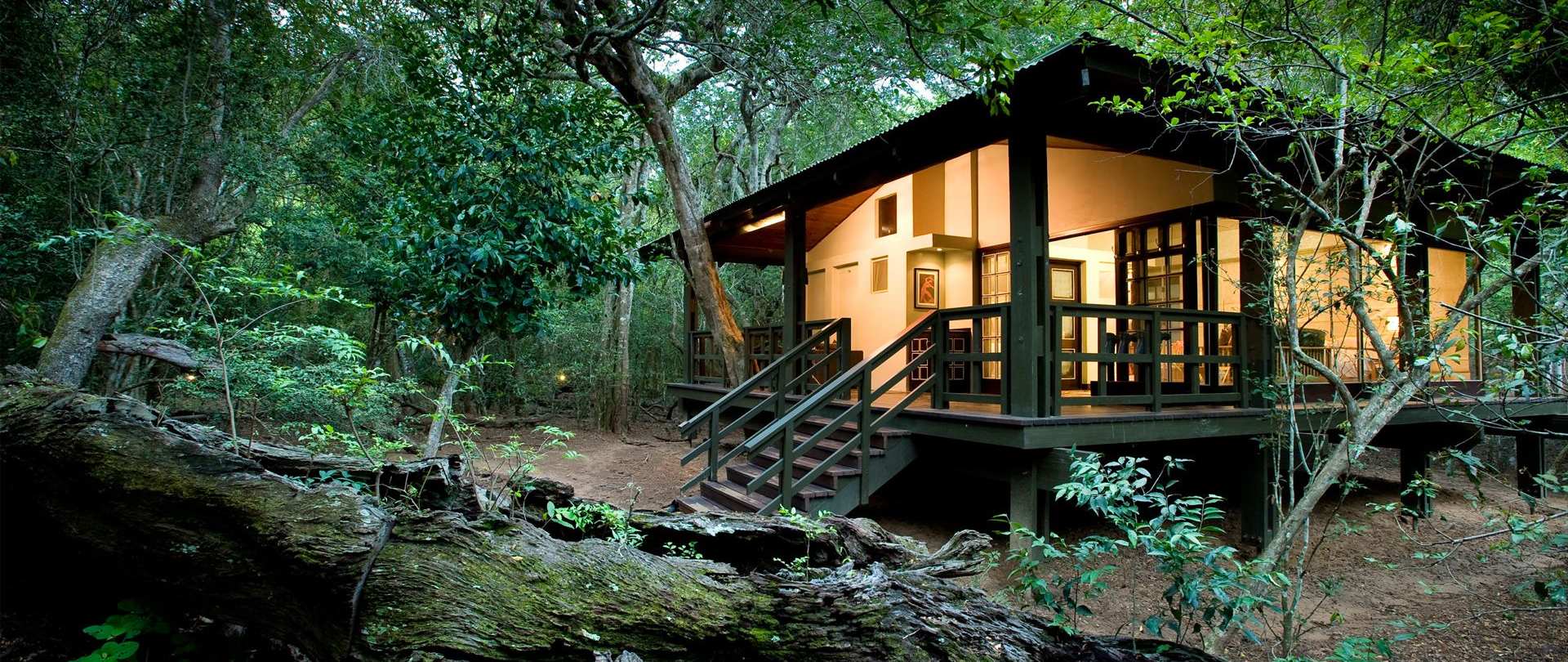Have you ever wondered about the connection between content and eco-lodges? I mean, you might be thinking, what do these two things have in common? Well, let me tell you, there’s actually a lot more to it than meets the eye. In this article, we’re going to dive into the world of eco-lodges and how they use content to not only promote their sustainable practices but also create memorable experiences for their guests. So, if you’re interested in learning more about how content and eco-lodges go hand in hand, stick around!
When you think about eco-lodges, what’s the first thing that comes to mind? Maybe it’s the beautiful natural surroundings, the eco-friendly amenities, or the sense of peace and tranquility. But have you ever stopped to think about the role that content plays in enhancing these experiences? Well, let me tell you, content is like the unsung hero of the eco-lodge world. It’s what brings the stories of these eco-friendly destinations to life, captivating potential guests and inspiring them to embark on their own sustainable adventures. In this article, we’ll explore how eco-lodges utilize content marketing strategies to create a sense of connection, educate their audience about sustainable practices, and ultimately drive more bookings. So, get ready to discover the fascinating world where content and eco-lodges collide!
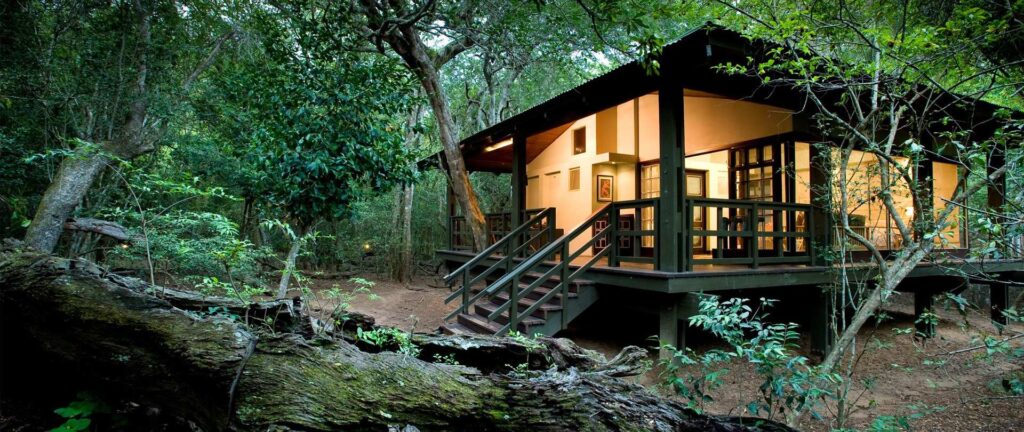
What are Eco-lodges?
Eco-lodges, also known as ecological lodges or eco-friendly lodges, are accommodations that prioritize sustainability, conservation, and environmental responsibility. These establishments are designed to minimize their negative impact on the environment while offering unique and immersive experiences for visitors. From their design and architecture to their location and activities, eco-lodges aim to promote eco-tourism and educate guests about the importance of environmental preservation.
Definition of Eco-lodges
Eco-lodges can be defined as accommodations that adhere to strict environmental standards and principles. They go above and beyond traditional lodging by integrating sustainable practices into every aspect of their operations. From construction materials to energy use and waste management, eco-lodges strive to minimize their ecological footprint and promote sustainable living.
Purpose of Eco-lodges
The purpose of eco-lodges is to provide travelers with an opportunity to experience nature and wildlife while contributing to their conservation. These lodges are intended to demonstrate that responsible tourism can have a positive impact on the environment and local communities. By supporting eco-lodges, visitors actively participate in sustainability efforts and contribute to the preservation of natural resources.
Benefits of Eco-lodges
Choosing to stay in an eco-lodge offers several benefits. Firstly, eco-lodges provide guests with a unique opportunity to connect with nature and immerse themselves in beautiful and pristine surroundings. By staying in these eco-friendly accommodations, travelers can experience the beauty of untouched landscapes while minimizing their impact on fragile ecosystems.
Secondly, eco-lodges often have a positive effect on the local economy. They create employment opportunities for local communities, generating income and contributing to the development of the region. Furthermore, eco-lodges often invest in community development projects, such as education and healthcare initiatives, which directly benefit the local population.
Lastly, eco-lodges play a crucial role in preserving indigenous heritage and protecting biodiversity. By partnering with local communities and conservation organizations, these lodges actively support the preservation of traditional knowledge, cultural practices, and endangered species. They also contribute to the overall conservation effort by promoting responsible tourism and raising awareness about the importance of protecting fragile ecosystems.
Design and Architecture of Eco-lodges
The design and architecture of eco-lodges are key elements in their commitment to sustainability. These lodges are carefully designed to seamlessly integrate with the surrounding environment, using natural materials and low-impact building techniques.
Integration with Surrounding Environment
One of the primary goals of eco-lodges is to minimize their visual and physical impact on the environment. This is achieved by blending the architecture and design of the lodge with the natural landscape. Eco-lodges often use local architectural styles and traditional building techniques to create a harmonious and authentic atmosphere that respects the surrounding ecosystem. Additionally, lodges are strategically positioned to minimize the disruption of natural habitats and maximize views of the surrounding natural beauty.
Use of Sustainable Materials
Eco-lodges prioritize the use of sustainable and locally sourced materials in their construction. This helps reduce the carbon footprint associated with transportation and supports local communities. Recycled or reclaimed materials are also commonly used, promoting the reuse of resources and minimizing waste generation. By utilizing these sustainable materials, eco-lodges minimize their environmental impact and contribute to the overall sustainability of their operations.
Energy Efficiency Features
Energy efficiency is a significant aspect of eco-lodge design. These lodges employ various strategies to reduce energy consumption, such as passive cooling and heating systems, energy-efficient lighting, and the use of renewable energy sources like solar power. Additionally, eco-lodges may encourage guests to practice energy conservation by providing guidelines for efficient use of electricity and water during their stay.
Water Conservation Practices
Water conservation is another essential aspect of eco-lodge design. These lodges implement water-saving measures such as low-flow toilets and showers, rainwater harvesting systems, and the use of drought-resistant landscaping. Guests are often encouraged to practice responsible water usage and are provided with information on how to minimize their water consumption during their stay.
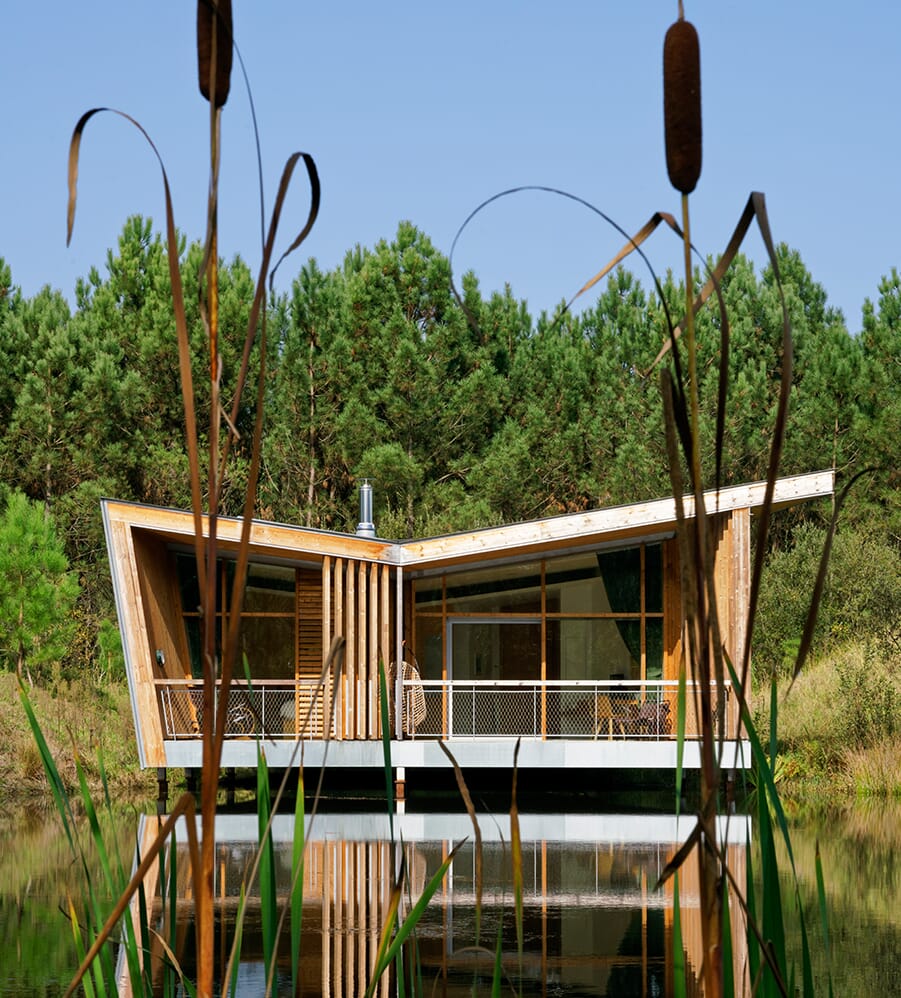
Location and Setting of Eco-lodges
The location and setting of eco-lodges play a significant role in their sustainability efforts. These lodges are intentionally situated in eco-friendly locations that offer unique natural attractions and promote biodiversity conservation.
Choosing Eco-friendly Locations
Eco-lodges are carefully selected to be situated in areas of ecological significance. These locations often include diverse ecosystems, such as rainforests, wetlands, or marine reserves. By choosing such locations, eco-lodges promote the preservation of these fragile habitats and contribute to the overall protection of biodiversity.
Preserving Biodiversity
Eco-lodges prioritize the conservation of biodiversity in the areas where they are located. Through collaborations with local conservation organizations and engagement in sustainable practices, these lodges actively work to protect endangered species and their habitats. Guests are often provided with opportunities to learn about local wildlife and participate in conservation activities, such as wildlife surveys or habitat restoration projects.
Access to Natural Attractions
One of the key advantages of staying in an eco-lodge is the close proximity to natural attractions. These lodges are strategically located to provide guests with easy access to pristine beaches, hiking trails, wildlife sanctuaries, or other natural wonders. This allows visitors to fully immerse themselves in the beauty of nature while minimizing their impact on the environment.
Accommodation and Facilities in Eco-lodges
Eco-lodges offer unique and eco-friendly accommodation options that prioritize sustainability, comfort, and conservation. These lodges aim to provide guests with an authentic experience while minimizing their overall ecological footprint.
Unique and Eco-friendly Accommodation Options
Eco-lodges often offer a range of accommodation options that are in harmony with the environment. This may include environmentally friendly cabins, bungalows, treehouses, or tents that blend seamlessly with the natural surroundings. These accommodations are designed to minimize impact on the environment while providing a comfortable and memorable stay for guests.
Minimalistic and Sustainable Furnishings
Furnishings in eco-lodges are chosen with sustainability in mind. The use of local and natural materials for furniture, such as bamboo or reclaimed wood, is common. Additionally, eco-lodges often opt for minimalistic designs, promoting the use of space and resources in a responsible and conscious manner.
Environmentally Conscious Facilities
Eco-lodges strive to minimize waste and promote sustainable living through their facilities. This includes the use of eco-friendly cleaning products, recycling bins, composting systems, and the encouragement of responsible waste management practices. Additionally, many eco-lodges prioritize locally sourced and organic food options, reducing the carbon footprint associated with food transportation and supporting local communities.
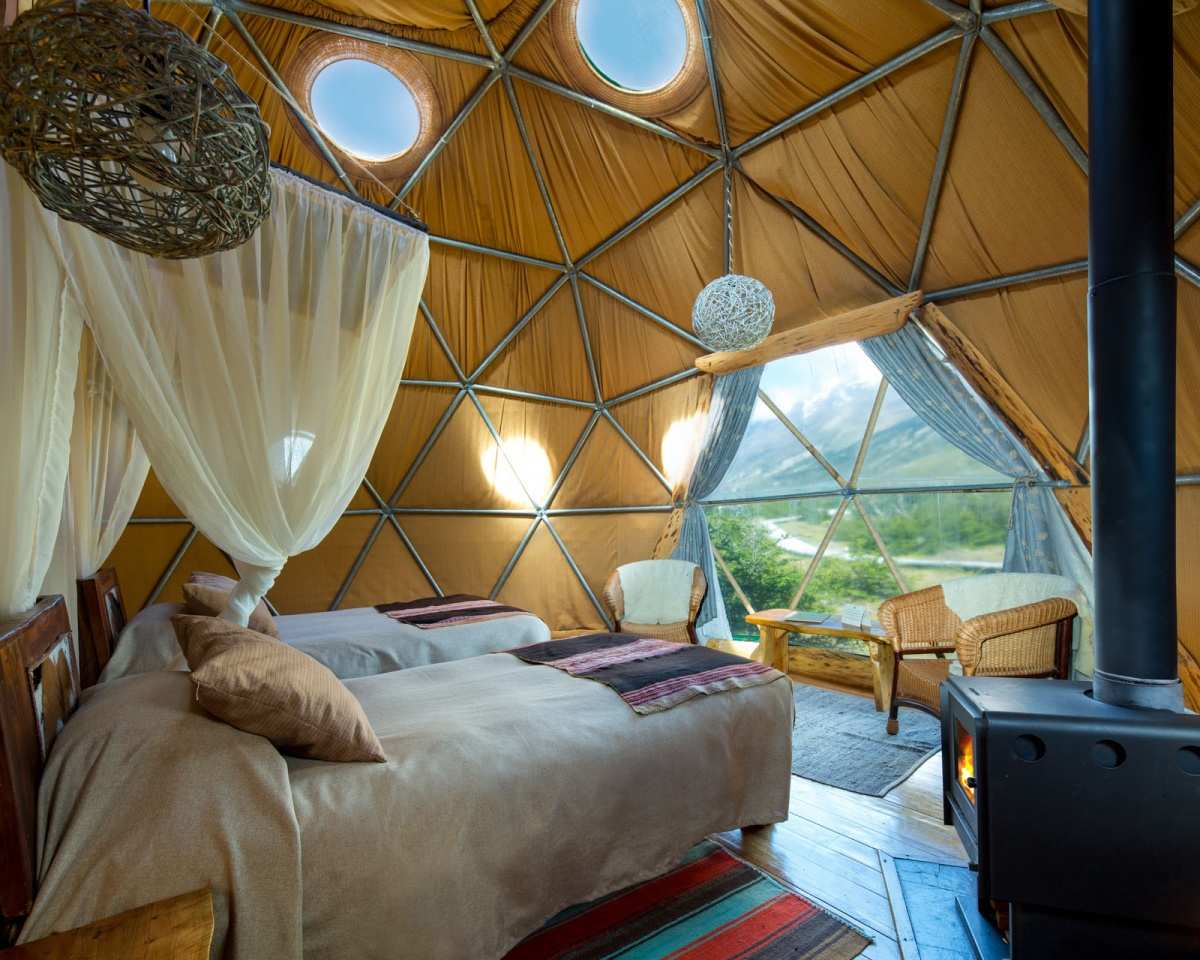
Activities and Experiences offered by Eco-lodges
Eco-lodges provide a wide range of activities and experiences designed to connect guests with nature and promote conservation education. These lodges offer unique opportunities for visitors to learn about the environment, participate in wildlife conservation efforts, and engage with local communities.
Nature-based and Educational Activities
Eco-lodges often offer nature-based activities such as guided hikes, birdwatching tours, or reef snorkeling. These activities are designed to highlight the natural beauty and biodiversity of the surrounding area while educating guests about the importance of conserving these ecosystems. Environmental professionals and local guides may lead these activities, providing valuable insights into the flora and fauna of the region.
Guided Tours and Wildlife Safaris
Many eco-lodges offer guided tours and wildlife safaris that allow guests to spot and learn about local wildlife in their natural habitats. These tours are typically conducted by knowledgeable guides who emphasize responsible and ethical wildlife viewing practices. By observing animals without disturbing their natural behaviors, guests can gain a deeper appreciation for the importance of conservation.
Cultural Immersion and Interaction
Eco-lodges also offer opportunities for cultural immersion and interaction with local communities. This may include visits to nearby villages, traditional craft demonstrations, or participation in community development projects. By interacting with locals and experiencing traditional customs and practices, guests gain a deeper understanding and appreciation for the local culture.
Impact of Eco-lodges on Local Communities
Eco-lodges have a significant impact on local communities, contributing to sustainable development and the preservation of indigenous heritage.
Employment and Economic Opportunities
Eco-lodges provide employment opportunities for local communities, offering income and job stability. These establishments often prioritize hiring local staff who can provide valuable insights into the region’s culture and traditions. By supporting local economies and creating employment opportunities, eco-lodges contribute to the overall economic development of the area.
Community Development Projects
Many eco-lodges actively engage in community development projects, focusing on education, healthcare, and infrastructure. These projects are designed to benefit the local community and support sustainable development initiatives. Some eco-lodges also allocate a percentage of their profits to community projects or invest in education and training programs for local residents.
Preservation of Indigenous Heritage
Eco-lodges play a vital role in preserving indigenous heritage by respecting and showcasing local cultures and traditions. Lodges often collaborate with indigenous communities, promoting their traditional practices, handicrafts, and cultural performances. By generating revenue through eco-tourism, these communities can maintain their cultural identity and preserve their way of life.
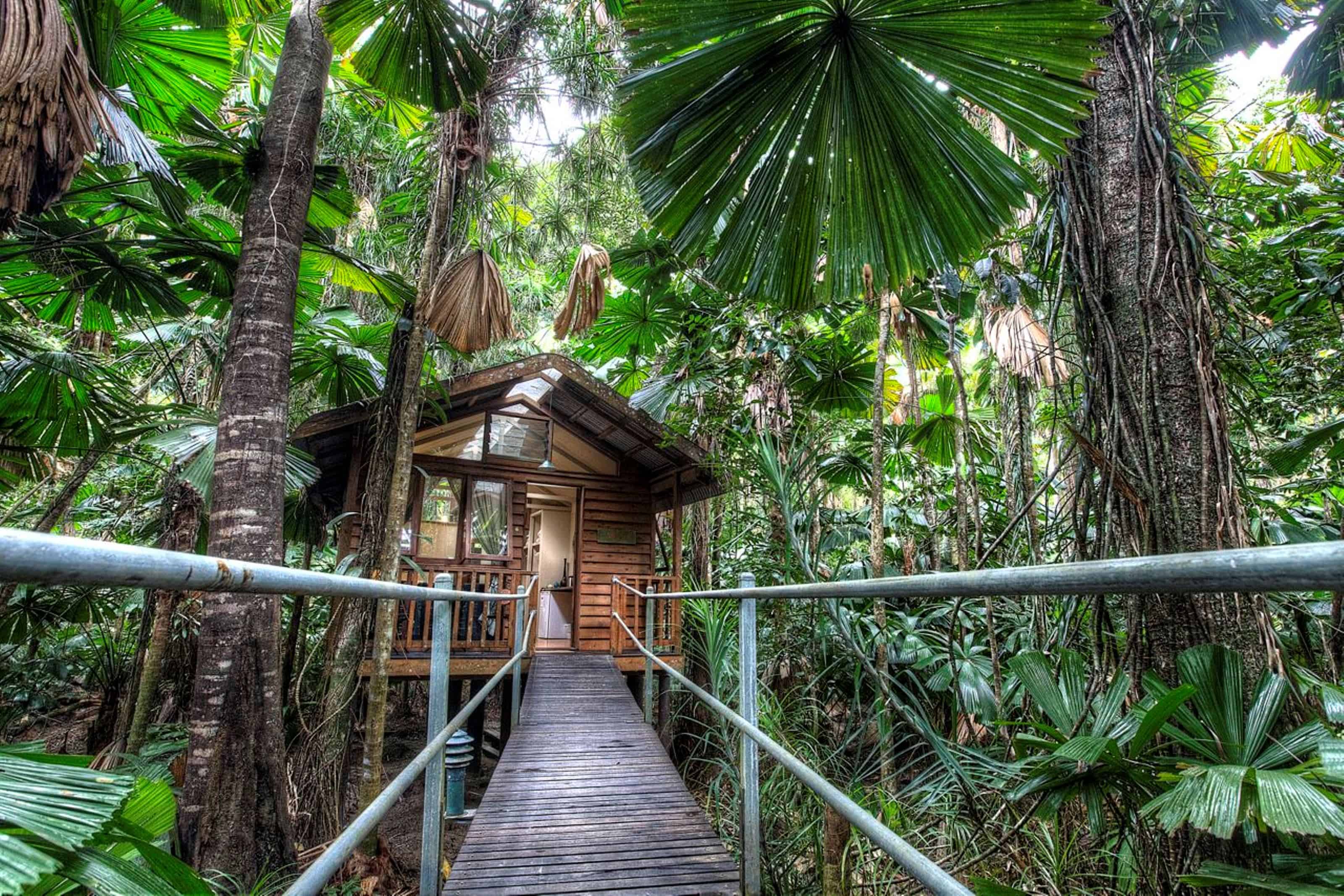
Partnerships and Certifications for Eco-lodges
Eco-lodges often collaborate with conservation organizations and obtain certifications to validate their commitment to sustainable practices.
Collaboration with Conservation Organizations
Eco-lodges frequently partner with local, national, or international conservation organizations to support environmental initiatives and promote biodiversity conservation. These collaborations may involve financial contributions, participation in conservation programs, or sharing best practices in sustainable tourism. By collaborating with these organizations, eco-lodges can make a more significant impact on conservation efforts.
Certifications for Sustainable Practices
Many eco-lodges seek certifications from recognized sustainability organizations to showcase their commitment to ecological responsibility. These certifications, such as LEED (Leadership in Energy and Environmental Design) or Green Globe, validate that the lodge meets specific sustainable criteria, including energy and water efficiency, waste management, and community engagement. These certifications help travelers identify and choose eco-lodges that align with their values and support sustainable tourism.
Challenges and Solutions in Eco-lodge Management
While eco-lodges aim to minimize their environmental impact, there are various challenges associated with managing these sustainable accommodations.
Balancing Conservation and Tourism
One of the main challenges of eco-lodge management is striking a balance between conservation efforts and providing a memorable guest experience. It is essential to implement sustainable practices without compromising visitors’ comfort or the lodge’s financial viability. This requires careful planning, collaboration with conservation organizations, and a commitment to regular monitoring and evaluation to ensure the lodge’s operations are aligned with environmental goals.
Waste Management Strategies
Managing waste effectively is crucial for eco-lodges. These accommodations often implement comprehensive waste management strategies, including recycling programs, composting systems, and reducing single-use plastics. Staff members play a vital role in educating guests about waste management practices and encouraging responsible consumption and disposal habits.
Monitoring and Evaluation
Regular monitoring and evaluation of eco-lodge operations are necessary to ensure that sustainable practices are being effectively implemented and maintained. This includes tracking energy and water consumption, waste generation and disposal, and adherence to sustainable procurement policies. Through continuous evaluation, eco-lodges can identify areas for improvement and adjust their practices to maximize their sustainability efforts.
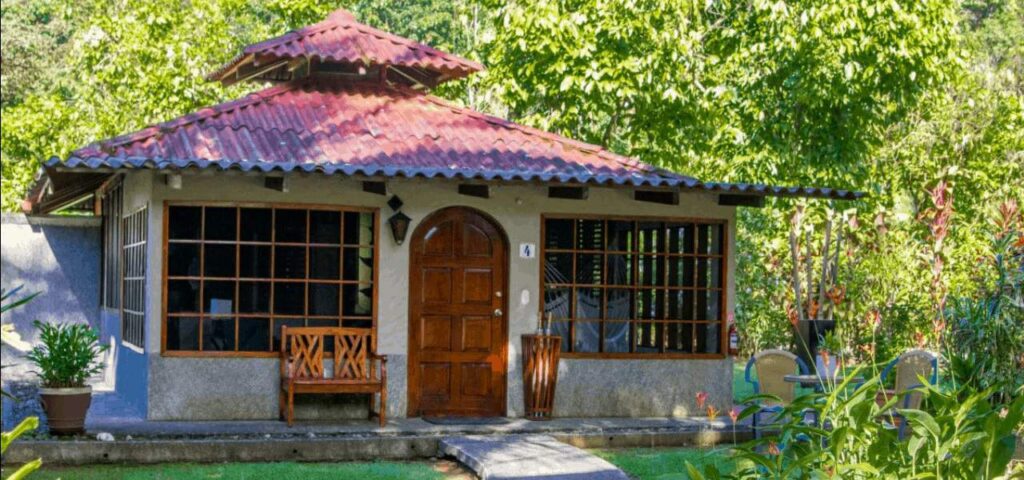
Case Studies of Successful Eco-lodges
Example 1: Eco-lodge in the Amazon Rainforest
Located deep within the Amazon Rainforest, this eco-lodge focuses on promoting sustainable tourism and conserving the rich biodiversity of the region. The lodge was carefully designed to blend in with the surrounding environment, using locally sourced materials and traditional construction techniques. Guests can participate in guided tours led by indigenous guides, learn about the importance of rainforest conservation, and contribute to community development projects.
Example 2: Eco-lodge in the African Savanna
Situated in the heart of the African Savanna, this eco-lodge offers guests a unique opportunity to connect with nature while supporting local communities. The lodge collaborates with conservation organizations to protect endangered species, such as elephants and rhinos, and actively engages guests in wildlife monitoring and research projects. Visitors can experience game drives, guided walks, and cultural activities, all while contributing to the preservation of the African Savanna.
Example 3: Eco-lodge in a Coastal Marine Reserve
This eco-lodge is located within a coastal marine reserve, focusing on marine conservation and sustainable tourism. The lodge offers snorkeling and diving experiences that allow guests to explore the vibrant coral reefs while learning about their ecological significance. By adhering to strict waste management practices and utilizing renewable energy sources, this eco-lodge demonstrates a commitment to minimizing its ecological footprint and preserving the marine ecosystem.
Future of Eco-lodges
The future of eco-lodges looks promising, with a growing demand for sustainable tourism experiences.
Growing Popularity and Demand
As travelers become more environmentally conscious, the demand for eco-lodges continues to rise. People are increasingly seeking immersive experiences that allow them to connect with nature and support sustainable practices. This growing popularity is driving the expansion of eco-lodges in various regions around the world.
Innovation in Sustainable Hospitality
Advancements in technology and sustainable practices are driving innovation within the eco-lodge industry. From the use of renewable energy sources to the development of eco-friendly materials, eco-lodges are continually adopting new technologies and practices to minimize their impact on the environment. These innovations help ensure that eco-lodges remain at the forefront of sustainable hospitality.
Expansion to New Locations
Eco-lodges are expanding into new and unique locations, providing travelers with a wider range of sustainable tourism options. From mountainous regions to remote islands, the establishment of eco-lodges in these areas promotes environmental awareness and conservation efforts.
Environmental Education and Awareness through Eco-lodges
Eco-lodges play a crucial role in promoting environmental education and raising awareness about sustainability.
Educational Programs for Visitors
Eco-lodges often offer educational programs for visitors, providing opportunities to learn about the local ecosystem, conservation challenges, and sustainable practices. These programs may include interactive workshops, lectures, or hands-on activities that aim to inspire guests to become advocates for environmental preservation.
Promoting Conservation and Sustainability
Through their operations and activities, eco-lodges actively promote conservation and sustainability. By providing information on the importance of responsible tourism and minimizing environmental impact, eco-lodges encourage guests to adopt sustainable practices even beyond their stay. This serves to create a more environmentally conscious and responsible global community.
Health and Wellness Benefits of Staying in Eco-lodges
Choosing to stay in an eco-lodge offers not only environmental benefits but also health and wellness advantages for guests.
Connection with Nature and Stress Relief
Staying in an eco-lodge allows guests to reconnect with nature, providing a sense of tranquility and stress relief. Surrounded by natural landscapes, guests can enjoy fresh air and breathtaking views, offering a respite from the hustle and bustle of daily life. Studies have shown that spending time in nature reduces stress levels and promotes mental well-being.
Promotion of Physical Activities and Well-being
Eco-lodges often offer a range of physical activities, such as hiking, kayaking, or yoga, that promote physical fitness and well-being. Engaging in these activities amidst natural surroundings not only enhances physical health but also fosters a sense of connection with the environment.
Eco-lodge Policies and Regulations
Governments and regulatory bodies play a crucial role in promoting and enforcing sustainable tourism practices.
Government Regulations on Sustainable Tourism
Many countries have implemented regulations and guidelines to ensure that tourism activities, including eco-lodges, adhere to sustainable practices. These regulations may cover areas such as waste management, energy efficiency, and responsible wildlife viewing. Governments work closely with eco-lodges to ensure compliance and facilitate the growth of sustainable tourism.
Environmental Impact Assessments for Eco-lodges
Prior to the construction and operation of eco-lodges, environmental impact assessments are often conducted. These assessments evaluate the potential impacts of the lodge on the surrounding ecosystem, including flora, fauna, and local communities. By conducting these assessments, eco-lodges can identify potential risks and implement mitigation measures to minimize their impact.
Conclusion
Eco-lodges offer a sustainable and immersive way to experience nature while contributing to its preservation. These accommodations prioritize environmental responsibility, support local communities, and promote conservation and sustainability. Through their design, location, and activities, eco-lodges provide guests with unique opportunities to connect with nature, learn about the importance of conservation, and support the local economy. With the growing popularity of eco-tourism, the future of eco-lodges looks promising, and travelers can look forward to more sustainable and unforgettable experiences around the world.
